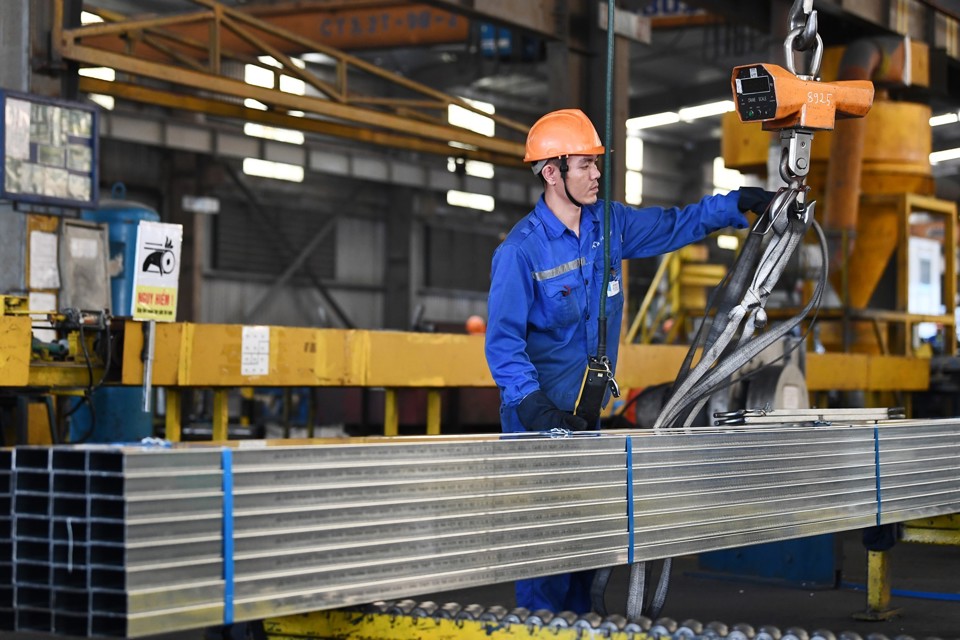
Increasing tension in steel market
Over the past year, the level of trade tensions in the global steel market has increased significantly. The reason for this is the increased presence of cheap steel from China in the markets of many countries, which has had a very negative impact on the operations of local steel producers.
This situation is due to the stagnant domestic steel demand in China, mainly due to the ongoing real estate crisis. This forces Chinese producers to increase exports of steel products. As a result, in the first half of 2024, production will increase by 24% year-on-year – to 53.4 million tonnes, in 2023 – by 36.2% year-on-year, to 90.3 million tonnes.
The situation is exacerbated by local market trends. For example, domestic steel prices in China, especially hot-rolled coil (HRC), have recently fallen to levels that are competitive in Europe, taking into account additional tariffs.
China’s pig iron and crude steel output both fell in July as end-user demand weakened. Output is expected to fall further in August as steel prices hit a seven-year low, but output is likely to recover in early September.
The market outlook for domestic steel demand remains bleak, which will continue to weigh on the steel market in the second half of 2024. China produced 71.4 million tonnes of pig iron and 82.94 million tonnes of crude steel in July, down 8% and 9% year-on-year, respectively.
Chinese steel prices have been falling since late July, due to high output, falling steel demand, as well as panic selling by traders to clear old-standard rebar inventories.
Chinese steel companies may be able to sustain losses for a while to avoid cutting production, said GMK Center analyst Andriy Glushchenko.
"They are looking for ways to market their products. The hope that China would consume more steel has not come true because no effective measures have been taken to support construction. Therefore, we see more and more steel from China being shipped to foreign markets," said Andriy Glushchenko.
Strong reaction
The increase in steel imports from China has led to more and more countries trying to protect domestic producers by adopting various safeguard measures. The number of anti-dumping investigations worldwide has increased from 5 in 2023 to 14 in 2024 (as of early July).
Among the countries that have imposed restrictions or are conducting anti-dumping investigations on Chinese steel products are: the EU, the United States, Canada, Vietnam, Turkey, Mexico, Brazil, Thailand, South Africa, Saudi Arabia and others. The largest markets (such as the EU and the United States) have long systematically protected themselves from Chinese imports.
A rather important “signal” for Chinese exporters could be the decision by Vietnam to initiate an anti-dumping investigation after steel imports from China surged 73% year-on-year in the first half of the year. This is not surprising, as China’s steel exports are mainly to Southeast Asian countries, with Vietnam (6.4 million tonnes) and South Korea (4.4 million tonnes) leading the way in H1 imports.
It is likely that countries that are currently conducting anti-dumping investigations into Chinese steel will impose full-blown sanctions. And countries like India and several Latin American countries where steelmakers are located will also soon begin investigations into Chinese steel imports.
According to Vice President and General Secretary of the Vietnam Steel Association Dinh Quoc Thai, due to the imbalance between supply and demand, many foreign manufacturers, especially Chinese ones, are looking for ways to clear inventory by exporting as well as lowering prices to compete...
“According to the Association’s calculations, in 2023, steel imported from China into Vietnam will account for 62%. This is what we see as Vietnamese domestic steel facing a great risk of losing the domestic market. Faced with this risk, at that time many Vietnamese enterprises suffered losses and faced the risk of bankruptcy,” said Mr. Thai.
Protect Vietnamese businesses
At the first trade defense forum with the theme "Trade Defense: Strengthening endogenous capacity, promoting sustainable growth" held recently, Director of the Trade Defense Department Trinh Anh Tuan said that in the context of economic integration with many fluctuations as today, trade defense tools such as anti-dumping, anti-subsidy and self-defense taxes are used appropriately, in accordance with legal regulations, in line with international commitments, contributing to supporting domestic manufacturing industries to develop sustainably.
Proper handling of foreign trade remedies investigations on Vietnam's export goods has also helped many industries and businesses avoid risks and negative impacts of trade remedies measures applied by export markets, thereby helping businesses maintain their markets and increasingly participate more deeply in regional and global value chains.
Regarding the steel industry - one of the industries facing many SPS cases, Vice President and General Secretary of the Vietnam Steel Association Dinh Quoc Thai said that as of August 2024, the steel industry had faced 78 SPS investigations, accounting for 30% of the SPS cases related to Vietnam's export products. This shows that countries apply many SPS measures to protect their home markets. Currently, the United States is the country applying the most SPS measures to Vietnamese steel.
In recent years, thanks to trade defense measures, the Vietnamese steel industry has had the opportunity to develop and compete fairly with imported goods in the domestic market. At the same time, the Vietnam Steel Association and steel enterprises have gradually professionalized and met the requirements of investigation agencies of other countries.
With careful preparation within the enterprise, many cases have achieved remarkable results. The steel industry has also built a complete value chain from hot rolled steel, cold rolled steel, galvanized steel, with enough capacity to expand exports to other markets.
Industry experts see no signs of global steel trade tensions abating in the near future. It is clear that within a year, efforts by many countries will cause Chinese imports into specific regional markets to begin to decline. However, this will not be enough to raise world prices to acceptable levels.
This situation highlights the need to find a more balanced development and cooperation strategy at the international level, especially in the context of the complex and costly green transition in the steel industry.
Source: https://kinhtedothi.vn/xuat-khau-thep-cua-trung-quoc-dang-dan-toi-gia-han-cac-bien-phap-bao-ho.html



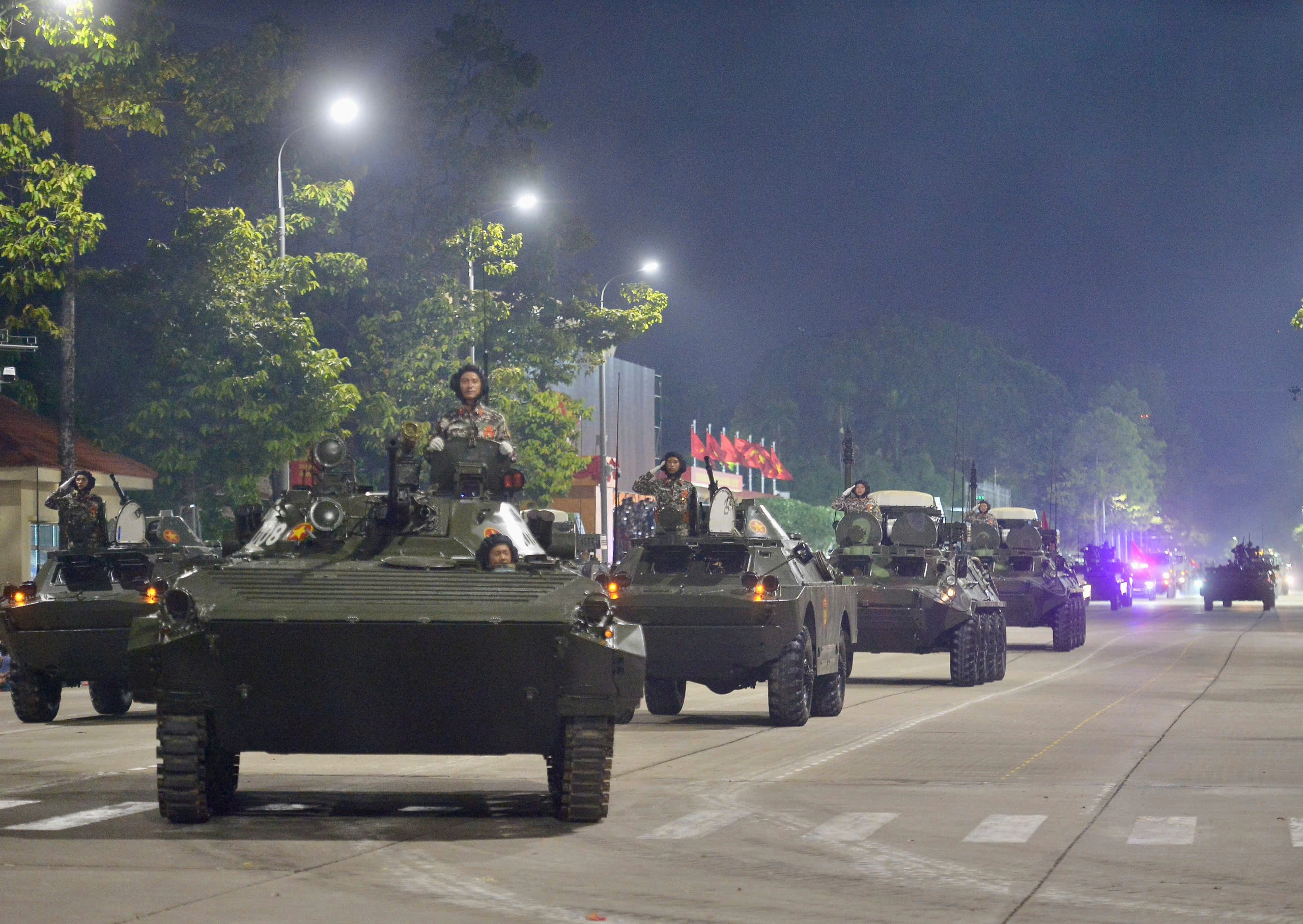

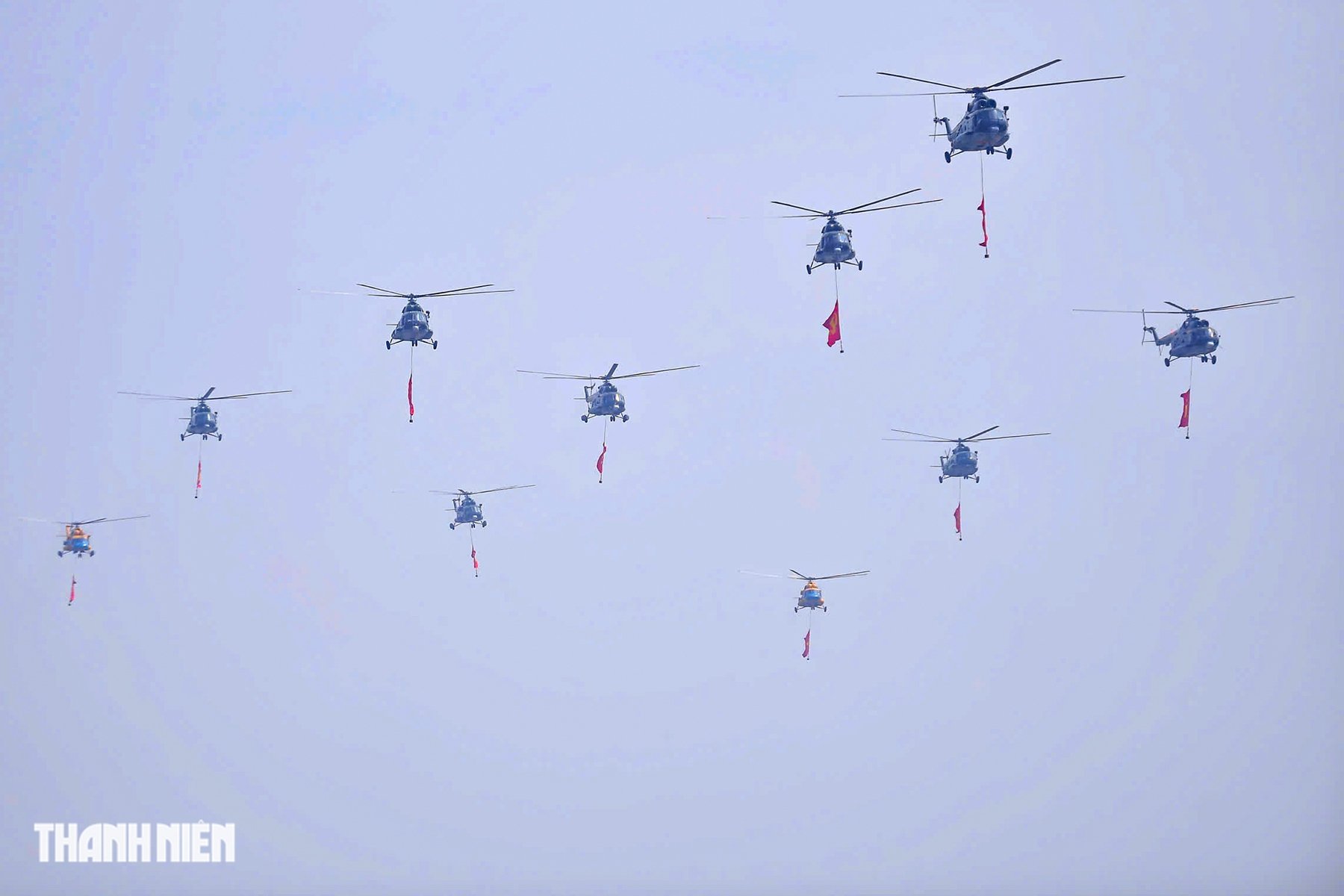
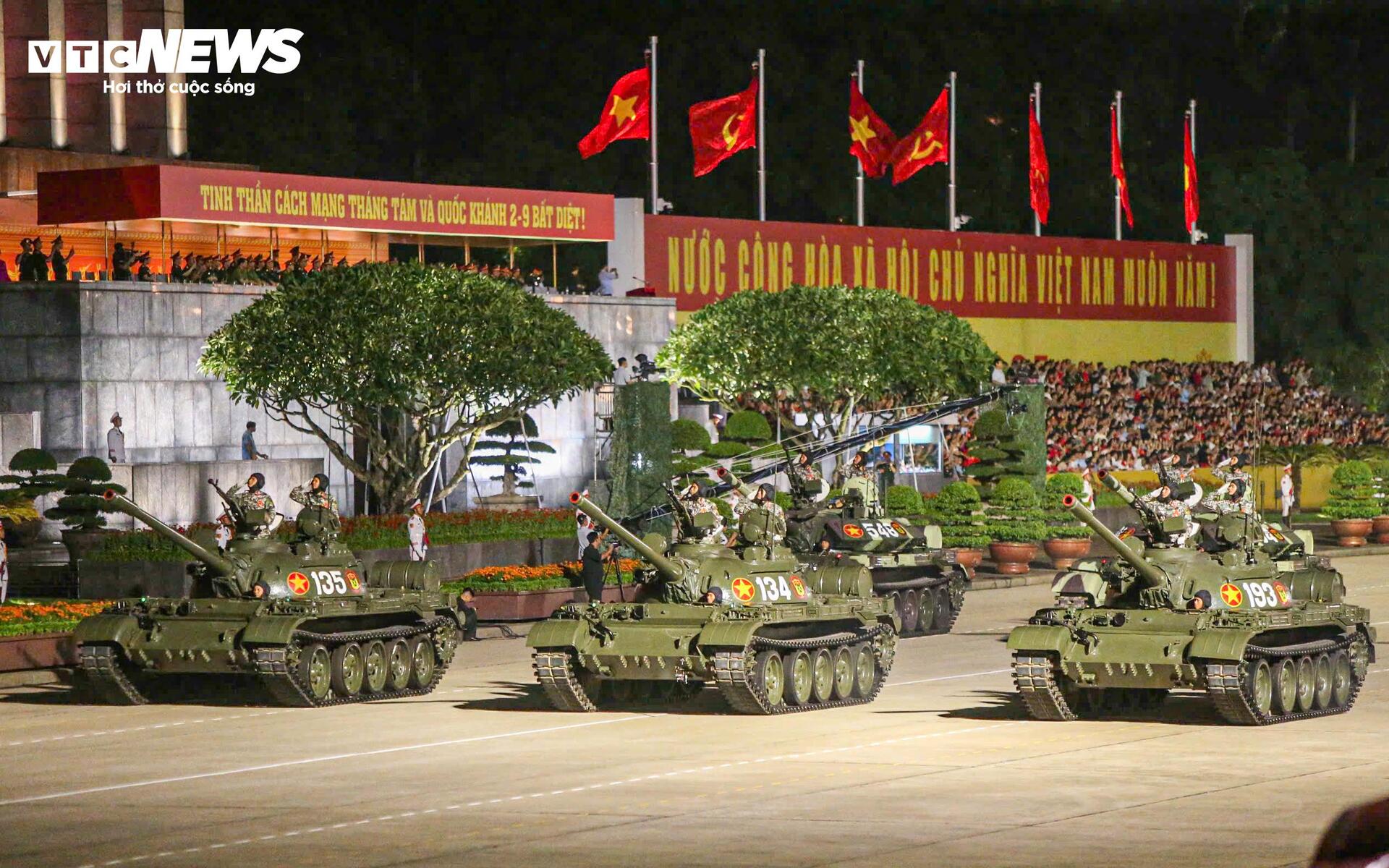
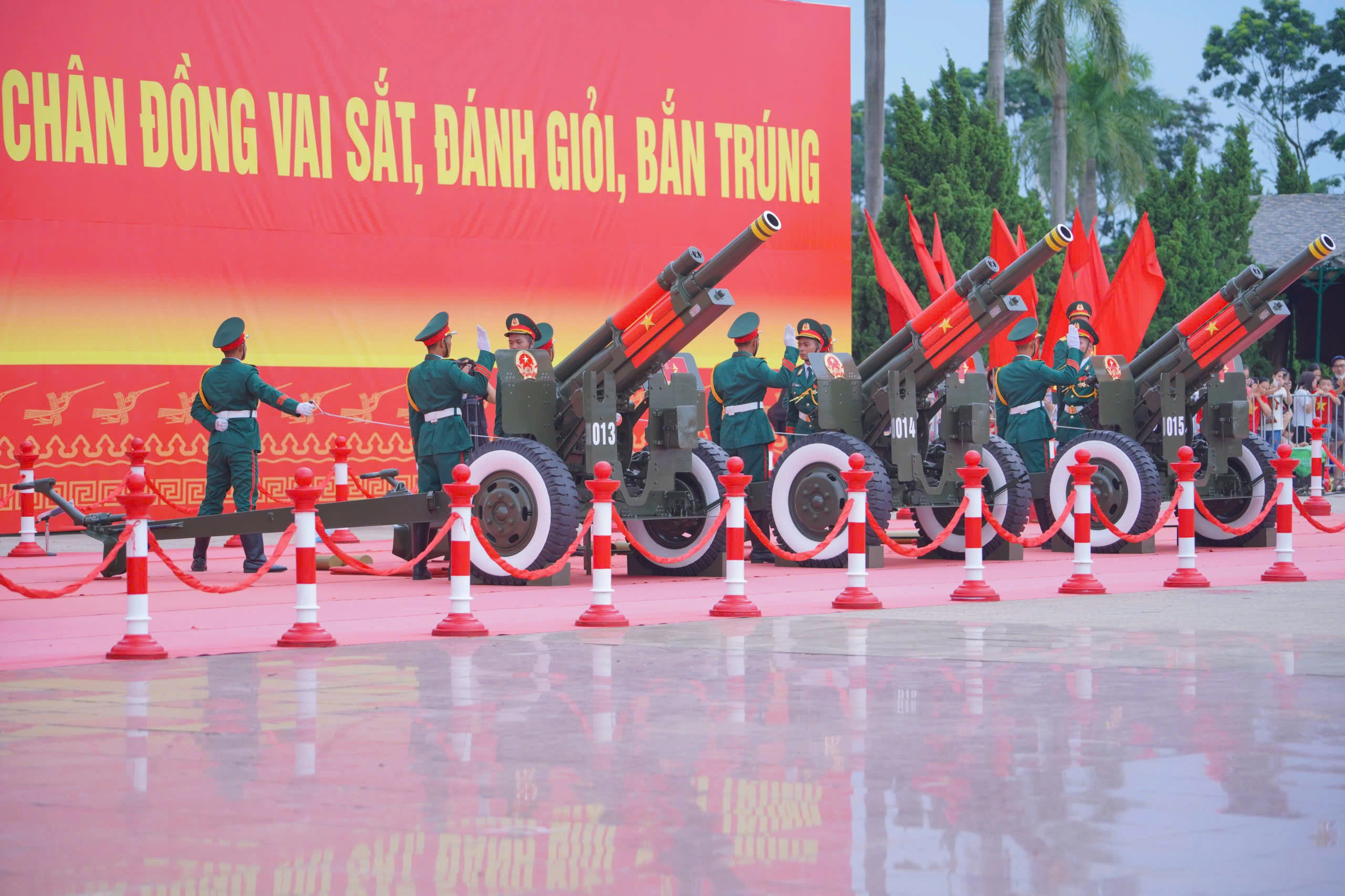




































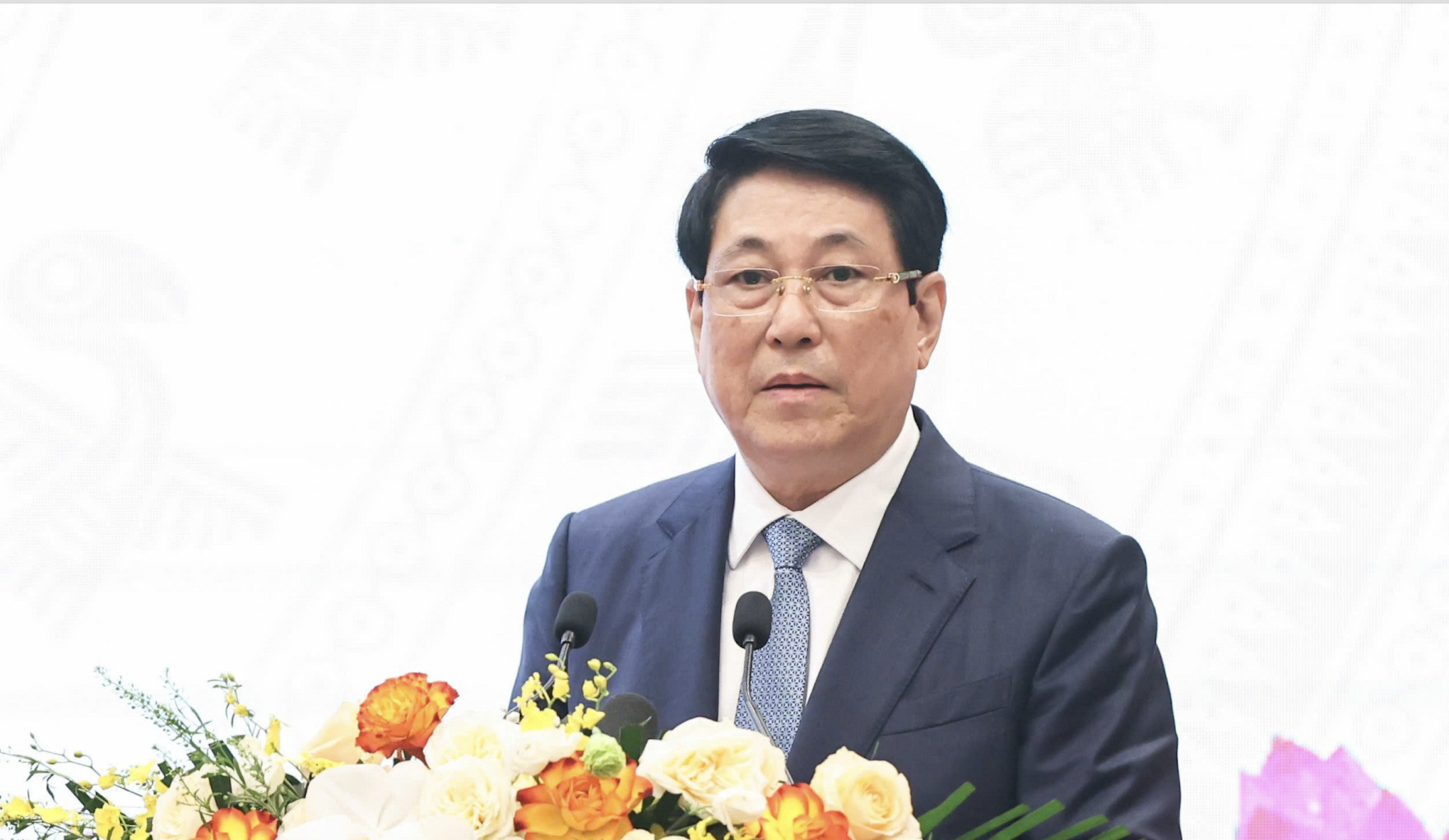








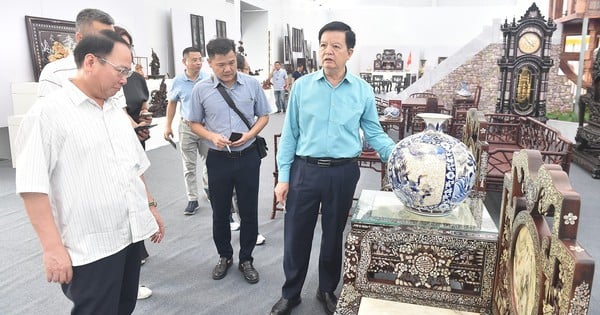















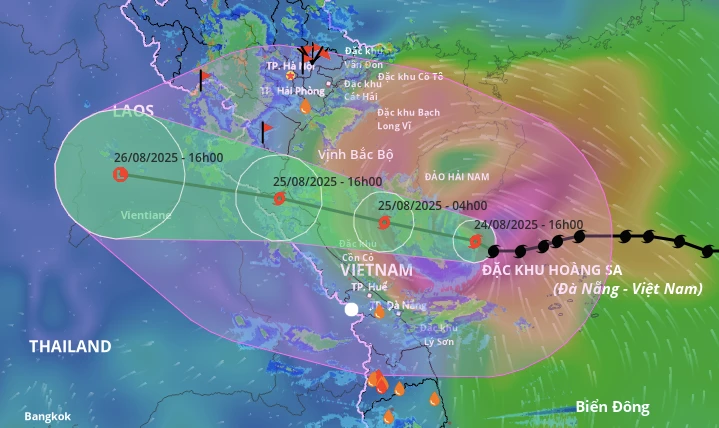


















Comment (0)